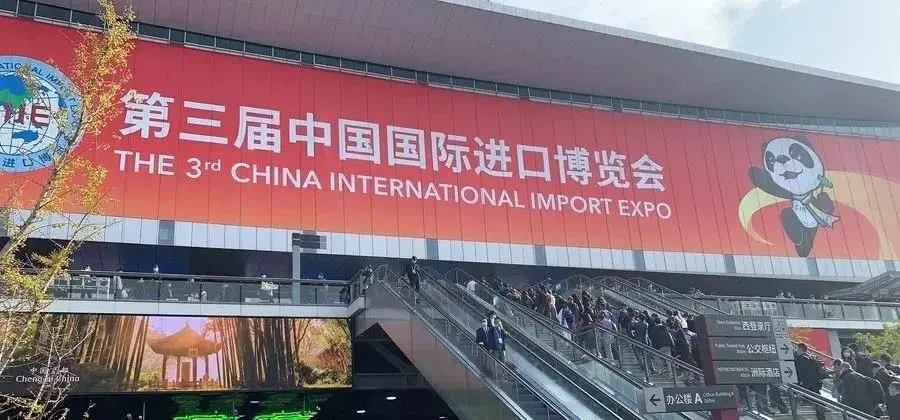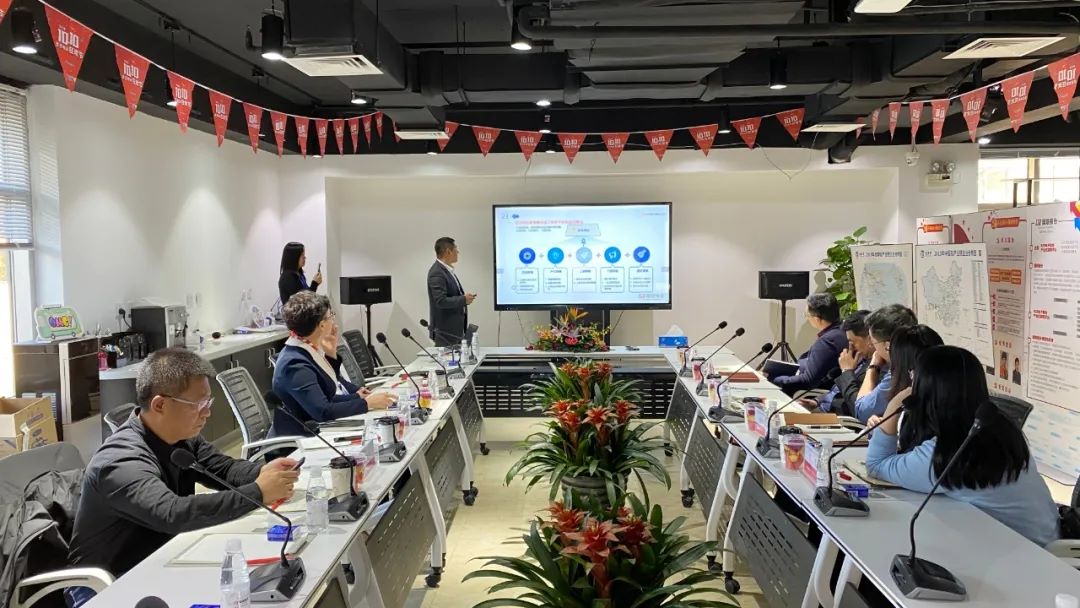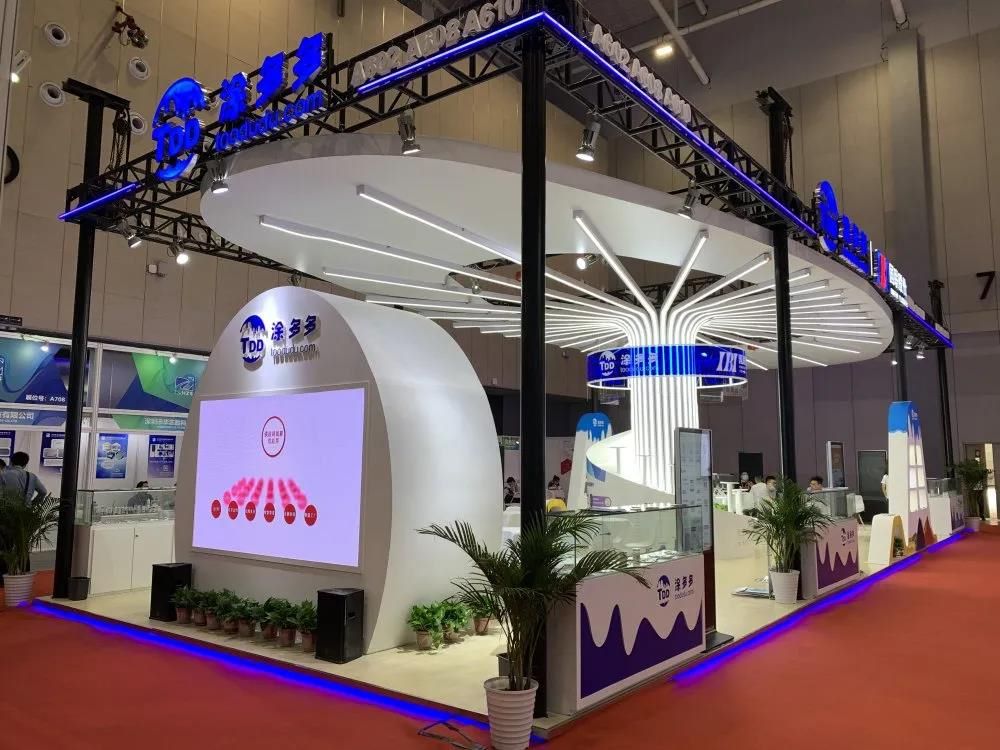The lifeblood of tire dealers~inventory!
Inventory is an important issue that all tire businessmen must face. For manufacturers, most of them produce products while selling them, but they still have product inventory and raw material inventory; for tire dealers, constantly buying and selling inventory is the top priority. For tire shops, sometimes they want to reduce inventory to the minimum, and sometimes dealers want to get some bargains for promotions. All kinds of tastes are complicated and important!
Tire manufacturers' price increase game
Recently, wave after wave of tire price increases have frightened dealers and tire shops. Manufacturers have repeatedly emphasized that if they don't buy more, the price will increase, and dealers are considering whether to buy more. You know, manufacturers' price increases are creating panic and transferring risks. In the past few years, many tire manufacturers followed suit and raised prices. Even if there was no so-called cost increase, they all participated in the price increase.
Dealers used to eat this trick, but now, dealers have been fooled a lot. They have grown up. Too much pressure on goods is not conducive to capital flow, increases storage management fees, and drags down dealers' business activities. Therefore, dealers and tire shops are very cautious about inventory.

Upstream and downstream market conditions are the key to inventory
As the most important channel connecting tire manufacturers and tire shops, tire dealers must understand the upstream and downstream market conditions. Tire shops directly correspond to car owners, and the preferences of car owners determine the preferences of tire shop inventory. When dealers sell to tire shops, tire shops will not buy them casually. In the past, they might have bought more tires when there were promotions. But now, the market environment is not good, and buying more tires that cannot be sold will drag down the capital chain. How many tire shops have died because they can't pay the rent, so tire shops are very cautious, they would rather make less money to be stable!
In the past few years, tire companies used price increases to deceive dealers to buy goods, with a big increase at the beginning of the year, a small increase in the middle of the year, and another big increase at the end of the year. Dealers were exhausted and completely disrupted their plans to buy tires. The warehouse was obviously full, but they still had to keep buying. You would rather rent a warehouse to help the manufacturer share the joys and sorrows, but the manufacturer doesn't care about you. They may even be secretly happy. The tires are not sold at a low price, but they are sold out once the price increases, and they will continue to increase next year.
So dealers have become smarter now. If their inventory is full, they will not purchase goods. The manufacturer's deception is useless. The manufacturer is playing the game of "the wolf is coming" and no one believes it. Even if the price of raw materials has indeed increased this year, tire companies are shouting price increases as usual, but dealers are more rational and are not in a hurry to purchase goods.
Tire dealers, success and failure are also due to inventory
For tire dealers, buying and selling goods cannot only look at the market and upstream and downstream. Although the market situation is very important for tire dealers, it is the most basic business of dealers to look at their own warehouses and plan inventory reasonably.
For tire dealers, inventory is tire products, and warehouses are simply money and cash flow. If dealers can arrange inventory reasonably, they can make a lot of money, otherwise it will be the opposite. This requires dealers to have keen market insight, otherwise they will lose everything.
Respond calmly to price changes: Inventory is extremely important for tire dealers, so tire dealers are most afraid of tire price fluctuations. If the price rises, it's okay. If the price drops a little, all tire products will be stuck in their hands and they will have no way to ship.
In the current economic environment, the first thing tire dealers consider is how to survive. If they want to survive, they must ensure sufficient cash flow. In other words, there must be room for the core inventory of tire dealers. Reasonable inventory is the key to whether tire dealers can make money or not.









